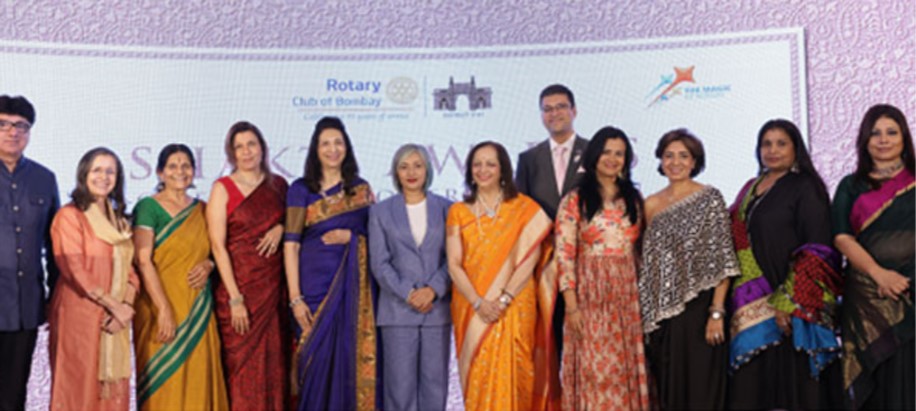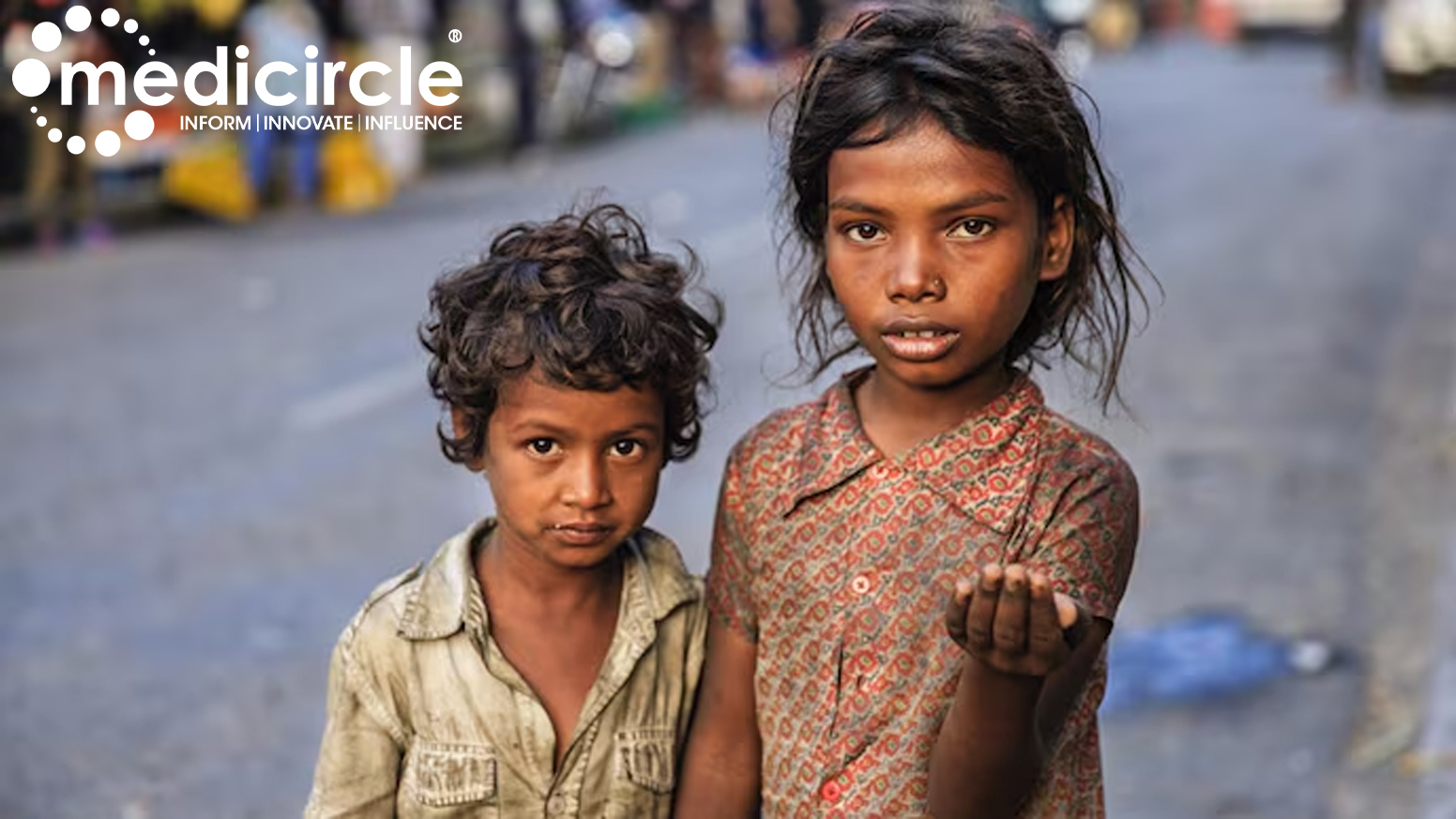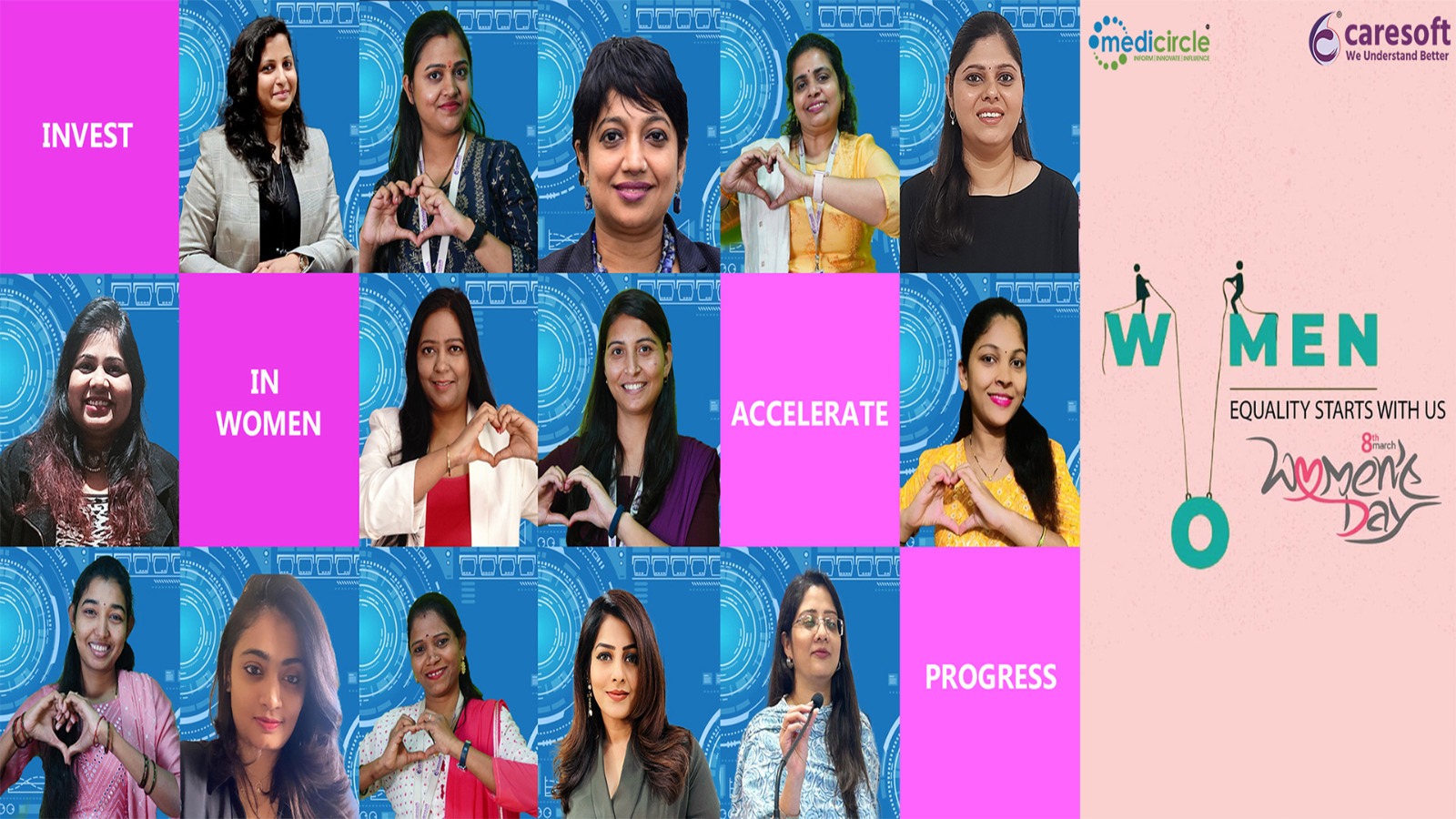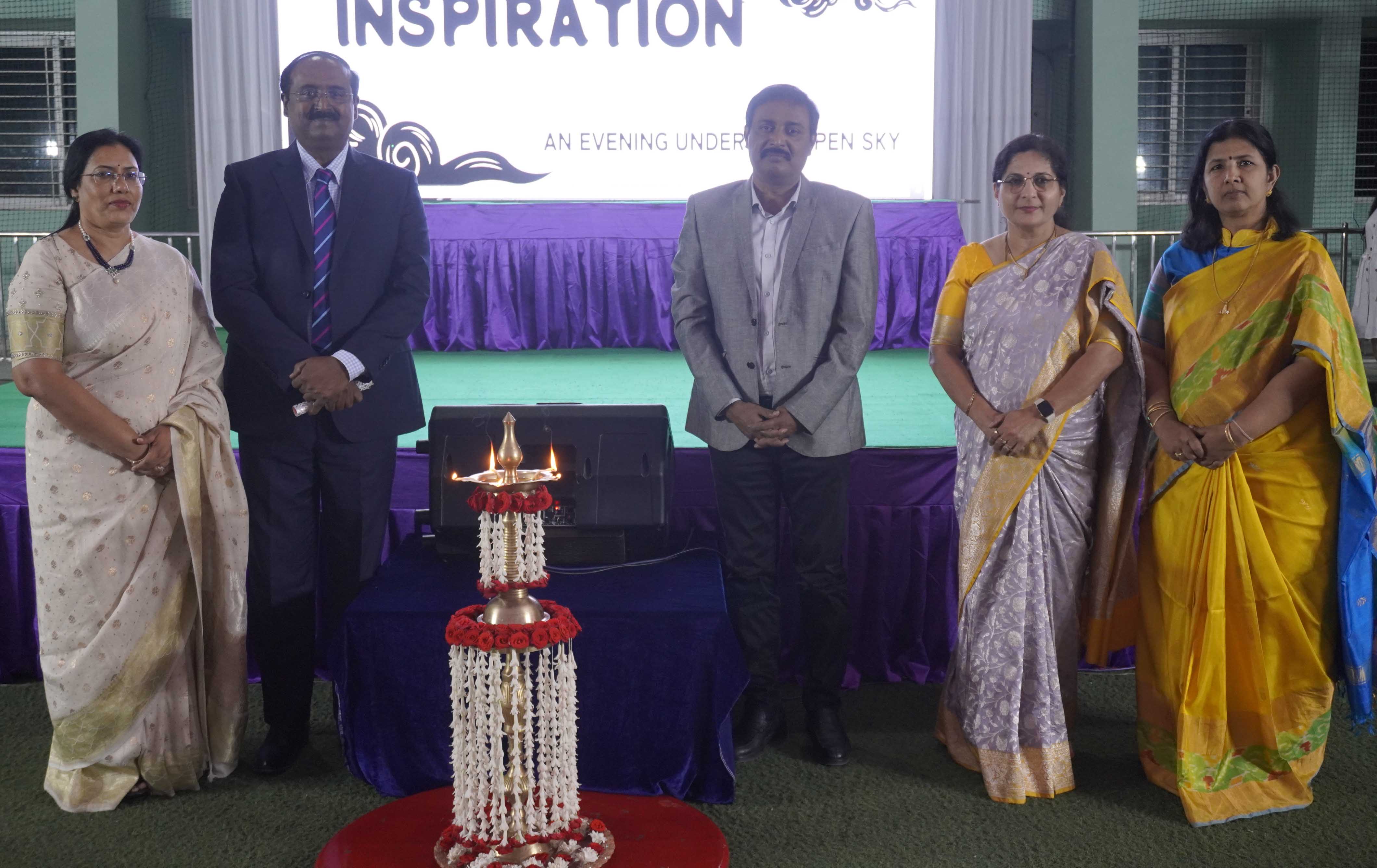In a world where medical miracles often remain hidden behind hospital walls, a recent case in Faridabad shines as a testament to human resilience and the transformative power of modern medicine. A 13-year-old girl from Aligarh, Uttar Pradesh, found herself at the centre of an extraordinary medical triumph after suffering a devastating injury. Her story is not just about survival but about reclaiming her identity and confidence.
The young girl’s life took a harrowing turn during what should have been a joyous day at a local fair. Her hair became entangled in a generator fan, causing a traumatic injury that resulted in complete scalp avulsion, the total detachment of the scalp from the head. This type of injury is not only rare but also life-altering, often leading to permanent disfigurement if not treated promptly.
Following the accident, she was rushed to a nearby hospital, where her condition was stabilized. However, the severity of her injury required advanced care. Her family sought help at Amrita Hospital in Faridabad, a facility known for its expertise in complex surgical procedures.
Upon her arrival, a team of specialists quickly assembled under the leadership of Dr. Sachin Gupta, a Paediatric Neurosurgeon at Amrita Hospital. Recognizing the complexity of the case, Dr. Gupta coordinated with the hospital’s reconstructive microsurgeons to plan the intricate scalp replantation surgery.
“Scalp avulsion injuries are among the most challenging cases in reconstructive surgery,” explained Dr. Mohit Sharma, Head of the Centre for Plastic and Reconstructive Surgery at Amrita Hospital. “The success of such a procedure depends on timely intervention, advanced microvascular surgical techniques, and an expert team capable of addressing the multiple facets of the injury.”
The operation lasted eight hours and demanded exceptional precision. Surgeons meticulously reconnected blood vessels, nerves, and soft tissues, ensuring the reattached scalp would regain functionality and appearance.
One of the critical challenges was the 10-hour delay between the accident and the surgery, which increased the risk of complications. Despite this, the surgical team, including anesthesiology and critical care specialists, worked tirelessly to achieve a positive outcome.
“Maintaining hemodynamic stability was vital throughout the procedure,” said Dr. Niti Gulati Batra, Senior Consultant in Anesthesiology. “We had to ensure the patient’s blood flow and vital signs remained stable while the surgeons performed the complex replantation.”
Dr. Vasundhra Jain, Senior Consultant in Plastic and Reconstructive Surgery, highlighted the stakes of the procedure. “Had the replantation failed, we would have had to resort to skin grafts to cover the exposed skull bones. This would have left the young girl with lifelong disfigurement, a challenging reality for anyone, let alone a child.”
The surgery was a resounding success, marking a turning point in the girl’s life. Her scalp was restored to near-normal appearance, and her recovery has been nothing short of remarkable. Today, she is back in school, participating in daily activities, and, most importantly, smiling again.
Her parents, overwhelmed with gratitude, shared their emotions at a press conference organized by the hospital. “The doctors didn’t just save her life; they gave her a second chance to live like any other child her age,” her father said.
This case is a powerful reminder of the importance of advanced medical care and a multidisciplinary approach in saving lives and improving quality of life.
Dr. Sanjeev Singh, Medical Director of Amrita Hospital, commended the collaborative effort behind the surgery. “This achievement showy the commitment of our team to pushing the boundaries of medical science to change lives. It is a moment of pride for our institution and a beacon of hope for families facing similar challenges.”
Scalp avulsion injuries, while rare, are among the most severe forms of trauma. The scalp is rich in blood vessels and nerves, making such injuries life-threatening due to the risk of significant blood loss, infection, and shock. The intricate network of tissues requires advanced surgical techniques to reconnect and restore function.
Replantation surgeries for scalp avulsions are highly dependent on time. Delays in treatment can lead to tissue necrosis, where the scalp tissue dies due to a lack of blood supply. This makes the success of the 13-year-old girl’s surgery even more commendable, as the procedure was performed nearly 10 hours after her injury.
While the girl’s story is one of triumph, it also highlights the importance of safety measures to prevent such accidents. Public spaces, including fairs and other events, must prioritize safety protocols to protect individuals, especially children, from avoidable injuries.
Additionally, the case underscores the need for access to advanced medical care across India. While urban centres like Faridabad offer state-of-the-art facilities, many rural areas lack the infrastructure and expertise required for such complex procedures.
For a young girl on the brink of adolescence, the physical and emotional scars of such an injury could have been devastating. Disfigurement often leads to social stigma, impacting self-esteem and mental well-being.
The successful replantation not only saved her from these challenges but also restored her confidence. Her return to school and normal activities serves as a testament to the resilience of the human spirit and the transformative power of healthcare.
Cases like this one highlight the advancements in reconstructive surgery and the role of cutting-edge technology in achieving life-changing outcomes. Microvascular surgery, in particular, has revolutionized the field by allowing surgeons to reconnect tiny blood vessels and nerves with precision.
India has emerged as a global leader in medical expertise, with institutions like Amrita Hospital setting benchmarks in complex surgeries. These advancements not only improve outcomes for patients but also position the country as a hub for medical innovation.
The story of the 13-year-old girl from Aligarh is more than just a medical achievement; it is a narrative of hope, resilience, and the indomitable human spirit. It reminds us of the incredible possibilities that lie within the realm of modern medicine and the importance of access to advanced healthcare for all.
As she embarks on her journey of recovery, her story will undoubtedly inspire many from medical professionals striving to push boundaries to families seeking solace in the promise of a better tomorrow.
This remarkable case serves as a call to action, urging us to prioritize safety, invest in healthcare, and celebrate the triumphs that redefine what is possible.

 This reminds us of the incredible possibilities that lie within the realm of modern medicine and the importance of access to advanced healthcare for all.
This reminds us of the incredible possibilities that lie within the realm of modern medicine and the importance of access to advanced healthcare for all.




















.jpeg)

.jpeg)
.jpeg)
.jpeg)

.jpeg)
.jpeg)
.jpeg)
_(1).jpeg)

_(1)_(1)_(1).jpeg)
.jpeg)
.jpeg)
.jpeg)






